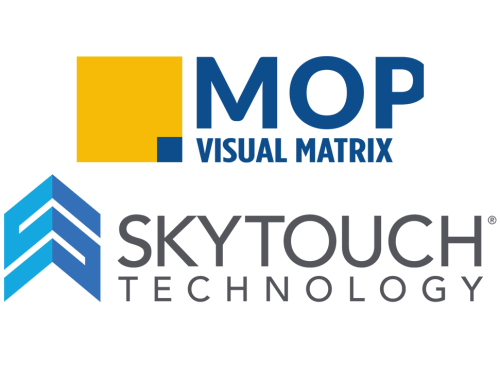The hotel industry is a forever morphing beast. Fads come and go – think, computer keyboards for hotel room TVs – and that sometimes costs hotel owners a lot of money for little payback. But there are changes in this business expected to be long term trends. Trends that we believe should generally be followed and understood, because if not done correctly right, may risk a property lacking relevancy. In turn that can significantly impact a hotel owner’s profit margins.
We believe these powerful trends will reshape the hotel business with incredible long term impact. Here are some we see as most significant, and ways we feel the right technology can eliminate these growing pains.
Bigger is Better
The hotel industry is experiencing consolidation on two fronts. The first is major hotel companies merging or being sold outright. This “bigger is better” mentality is capturing the minds of private hotel owners, too. This group sees an opportunity to create large property portfolios touching different markets and product types. To find success, they’re going to need a massively scalable hotel property management system that is also reliable and secure. Plus, in order for busy owners to check in no matter where in the world they happen to be, the system should generally be cloud-based (more on that trend later).
The Experience Economy
People want more from a hotel than a clean, comfortable room. Now they want authenticity and access to experiences baked into every stay. And let’s not forget, these customers also want everything to feel personalized, too. This long term trend has deep rooted effects for the hotel business, and the only way to meet future guest expectations is by delivering on guest preferences, perhaps through personalized surprises.
Modern hotel property management systems are designed to collect, and act upon, a guest’s likes, while simultaneously eschewing dislikes. More personalization can mean more loyal guests. You can build guest profiles to tailor personalized experiences during future stays by having access to knowing what customers crave most. All without having to ask time and again.
Owners On the Go
The hospitality professional is always on the move. Not just out on the road making deals, but attending conferences and events to meet industry insiders. Throw in an ever growing portfolio of products, and today’s busy executive needs to get business done while on the road, in the airport, or while watching their child win on the soccer field.
A cloud-based property management system offering mobile-optimized hotel management can be the perfect solution. But it also must provide an interface that displays key performance indicators and lets users run critical reports.
Disparate Distribution
Customers are shopping in more places online for a hotel room than ever before. And it looks like this trend will continue making distribution for hoteliers an increasingly complex endeavor. It’s a challenge facing owners that have branded hotels, independent properties, and owners with either single or dozens of units under his or her stewardship.
A modern PMS must offer an easy to use customer-centric Distribution Management solution seamlessly providing two-way connectivity between the world’s leading booking engines and the hotel’s property management system.
PCI Compliance
Hacks and theft of credit card information are constantly rising. These security breaches happen at companies of all sizes and affect many operators in the hotel business too. That’s why credit card companies have introduced new chip based security features, for example. But that’s not enough. Hoteliers must protect their businesses and guests by keeping data secure through PCI (Payment Card Industry) compliance. Be sure to use a cloud-based property management system that maintains the latest standards for payments security.
By understanding these critical trends, and combining that gleaned insight with a flexible, cloud-based property management system, hoteliers can find greater success. Rapid portfolio growth, heightened focus on experiences, mobile management and customer security are all issues to consider. Shouldn’t you consider a PMS that addresses these issues?




